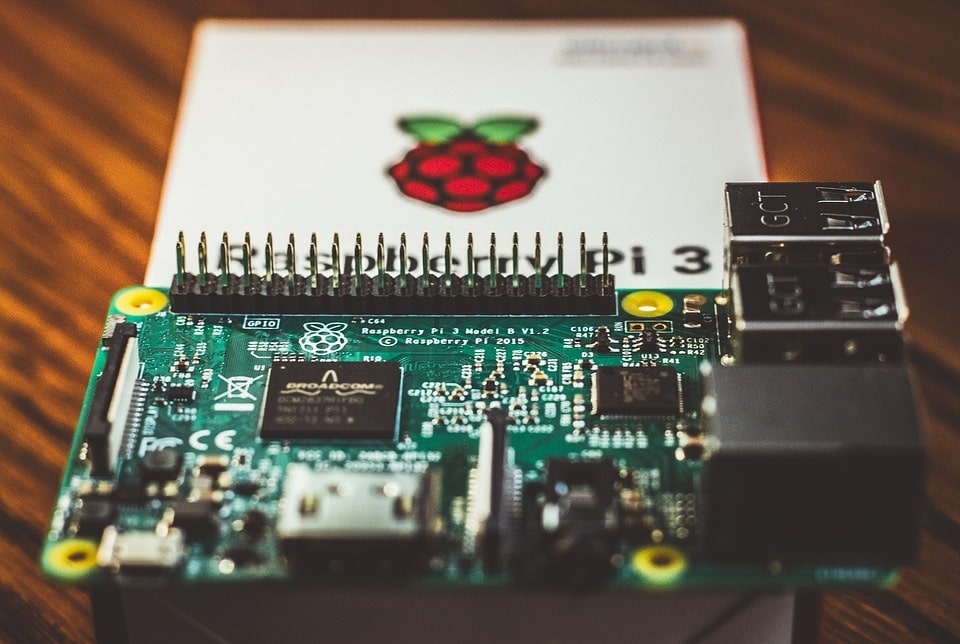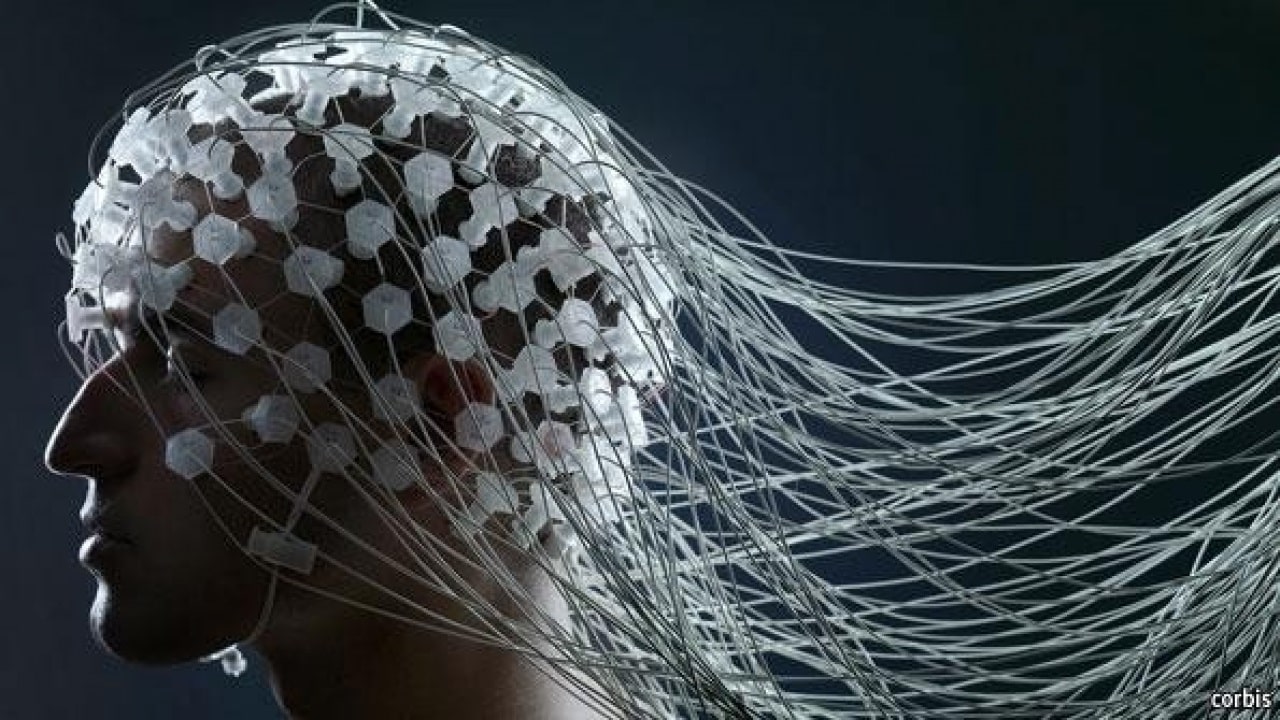The two researchers ldar Rakhmatulin e Sebastian Volkl have posted a project on a platform to connect i Raspberry Pi to the brain, creating a Brain-Computer Interface (BCI). The project remembers Neuralink, developed by Elon Musk’s company. But lets lower costs with the super-cheap computer, facilitating research by institutes and universities.
Raspberry Pi will connect to our brain
Already imagined by science fiction, the ability to control a computer with just the brain is starting to come true. The technology is called BCI: Brain-Computer Interface. Many different prototypes are in development, but the basic concept remains the same. A BCI decrypts the business electro-magnetic or metabolic brain to control a computerized device.
The applications of a technology are already current. It could serve to help communicate and interact with the world people with illnesses degenerative, such as ALS. Or for those who have suffered trauma to the bone marrow and he wants a tool to control the wheelchair. But the future possibilities are even more enormous.
In the last year there has been a lot of talk about Neuralink, the company founded by Elon Musk who started animal testing on this technology. But ldar Rakhmatulin e Sebastian Volkl they designed a board called PiEEG, based on Raspberry Pi, which makes communication between the brain and the computer much cheaper.
An ambitious, but economical project
The ability to use the cheapest computer around to study applications of this technology could have a fundamental impact on research. At present, BCI can only be studied in specialized corporate research centers such as those of Neuralink and a few other companies, as well as in universities that receive funds from these companies. On the other hand, designing on the Raspberry Pi allows you to develop applications to any university, which can then present its results to centers where they experiment with solutions with simulations, animal tests and, in the future, medical trials.
Rakhmatulin is known in the world for developing a anti-mosquito laser turret with Raspberry Pi 3 B + and a camera at South Ural State University in Russia. German Volkl instead works in the field of artificial intelligence and neural networks. On arXiv they explain that the PiEEG project uses C, C++ and Python to read signals detected via an electroencephalography.
They tested the ability to read signals to move prostheses and exoskeletons, but also to control drones and robots. The board PiEEG can connect easily to Raspberry Pi 3 or 4, but the researchers explain that the tricky part is isolating the detected signals via electrical shielding.
The researchers have already announced the site hackerBCI, where they will sell the cards at a price they promise to be very low. The idea is that the global research community, by investing a few tens or hundreds of dollars, it can support the development of this futuristic technology.

A future with great potential
The first impact of this technology will be to help people with motor and communication difficulties. Using brain impulses instead of other solutions, such as eye or lip movement, facilitates the use of a number of essential tools. Prosthetics, wheelchairs, and a tomorrow too speech synthesizers and so on.
The ability to make these technologies available at a reduced price could make it easier for independent institutes and universities, who can then also carry out tests with patients.
But the future of this technology may have no limits. At the moment we can only decipher simple electromagnetic inputs. One tomorrow ours knowledge of the electrochemical activity of the brain it may come to a point where even the most complex signals are understandable. Detection could become less invasive and cumbersome. The capabilities of the technology increase until it is transformed into preferred way to communicate with machines.
There are still many unknowns and the road ahead is very long. But if more scholars have access to the BCI, it may shorten.















Leave a Reply
View Comments